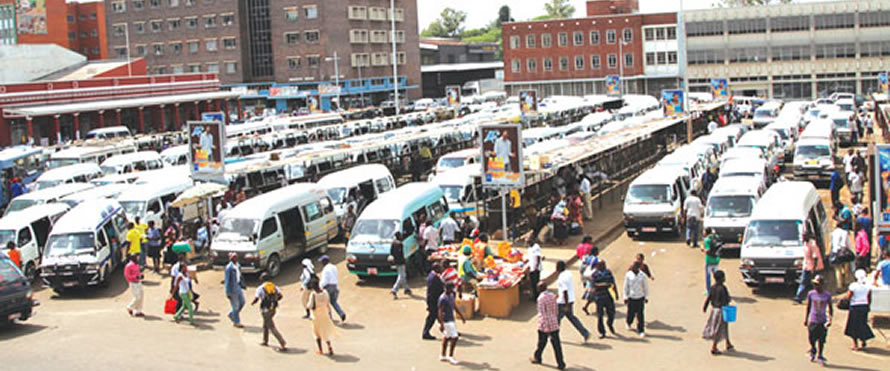
The Sunday Mail

Nyasha Takawira Mutsindikwa
Urbanisation is an inevitable process in any country and as such there is need to understand its dynamics and the context in which it is taking place.
Basically, urbanisation refers to a certain way of life and it is this way of life which will lead people to concentrate in certain areas such as cities and towns.
Urbanisation is said to be taking place when more people are living in cities and towns.
Rural to urban migration has been the major force behind the urbanisation process in Zimbabwe, a situation where people move to already existing urban settlements at the expense of insitu-urbanisation, where rural areas are transformed into urban settlements.
Cities and towns are planned artificial ecosystems which provide habitat to people.
In most cases, they are the hub of most economic activities and they provide income generating opportunities for Government, firms and households.These players are important in the development of any city or town. However, there are two sides of the city, the promise of success and the threat of disaster.
Most cities in Zimbabwe are grapling with the challenges of rapid urbanisation as evidenced by high levels of informal and illegal activities.
The situation is more intense in Harare, where lawlessness has become the order of the day.
This is evidenced by the increasing number of informal and illegal activities such as vending on street pavements, chaotic public transport operations in the CBD as well as spontaneous housing developments in most parts of the city.
This situation is in contravention with the intention of the Regional, Town and Country Planning Act (Chapter 29:12), which seeks to conserve and improve the physical environment and in particular promote health, safety, order, amenity, convenience, welfare as well as efficiency in the process of development.
In order to address these challenges, there is need for a collaborative approach between all the stakeholders so that short-term and long-term measures can be crafted.
Vending is a survival strategy but it becomes a cause for concern when it leads to negative exeternalities.
On the issue of vending, there is need to classify the nature of products that can be sold by the vendors who are going to be licensed or regularised on designated sites, either in the CBD or outside the CBD.
This will be meant to protect formal retailers of certain products in the CBD who are employing a certain proportion of the city population, paying rates to local authority and taxes to Government. For example, all vegetables, electronic gadgets and second-hand clothes on undesginated sites should not be tolerated in the CBD but maybe restricted to industrial and residential zones, hence the need to increase vending sites there.
Cities are not free zones and as such mechanisms must be put in place to collect operating fees from those vendors who qualify to do their business there.
To normalise operations in urban public transport, there is need to improve the way route permits are issued to avoid unnecessary competition. Depending on the transport needs of a certain area, a permit can be given to one or two reputable transport companies to service those areas under clearly stated conditions so that the commuting public is not inconvinienced.
Transport permits should not be given to individuals but rather to registered companies so that it will be easier to manage their operations.
Central Government and local authorities should put efforts towards construction of rental houses to cater for those who cannot afford to buy their own.
Currently, there is too much emphasis on homeownership at the expense of rental accommodation, resulting in high demand for owner-occupied housing in cities.
However, this demand is not effective demand as it is not being backed by the ability to pay, resulting in informal settlements.
Landlords are charging high rentals and in turn lodgers and tenants opt to find houses of their own by subscribing to various housing co-operatives.
All this is happenning against a situation where unemployment levels are high, creating a vicious cycle.
There is need to effectively control the activities of all land developers and housing co-operatives to avoid the escalation of illegal housing developments in cities.
Cities are centres of production and for them to develop in a sustainabIe manner, there is need for unity of purpose among stakeholders.
Public-private partneships in infrastructure development for existing and new towns can also be effective in solving some of the challenges being faced as a result of urbanisation in Zimbabwe.
The development of a new city in Mt Humpden seems to be a good idea provided that adquate financial and technical resources are available for the project.
The relocation of the capital city proposal is in line with the concept of decentralisation though this will not guarantee disappearnce of the challenges currently being faced incities like Harare.
Nyasha Takawira Mutsindikwa is a lecturer in the Department of Rural and Urban Planning at the University of Zimbabwe. He can be contacted on 0773889396/0733 236 288 and at [email protected]



